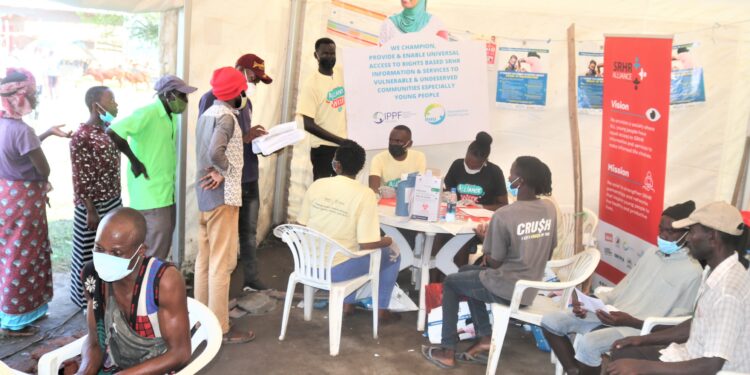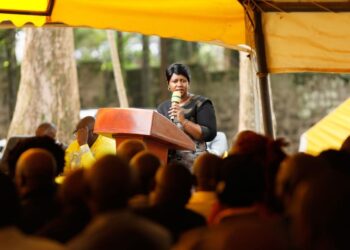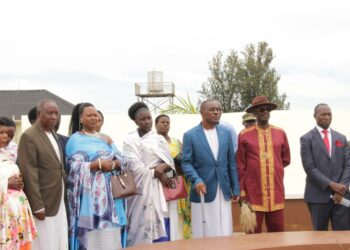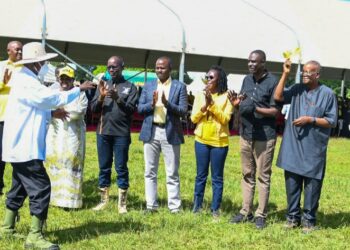By Norah Osende
More than 350,000 refugees have crossed the borders from the Democratic Republic of Congo (DRC) into Uganda as of the end of February 2022, according to estimates by the UN High Commissioner for Refugees. The number of refugees from South Sudan almost doubles, amounting to 650,000. These include those from Ethiopia, Burundi, Eritrea, and Somalia.
Almost 50% of refugees in Uganda are located in the Bidi Bidi, Pagirinya, and Rhino refugee settlement camps, located in the northwest region of the country. Additionally, South Sudan accounts for 62% of refugees in Uganda, while the Democratic Republic of the Congo accounts for 29%.
These refugees, almost 80% of whom are women and children, are taxing the resources of more than 800 host villages where they are staying. With the populations of these host communities soaring, medicine supplies have been depleted, and both jobs and housing are becoming scarce as populations increase due to unplanned child bearing.
Working with other partner organizations, Reproductive Health Uganda (RHU) has been providing humanitarian support to these refugees, who include South Sudan, DRC, Ethiopia, Burundi, and Somali nationals. Its main focus is raising awareness of sexual and reproductive health concerns, including family planning and gender-based violence.
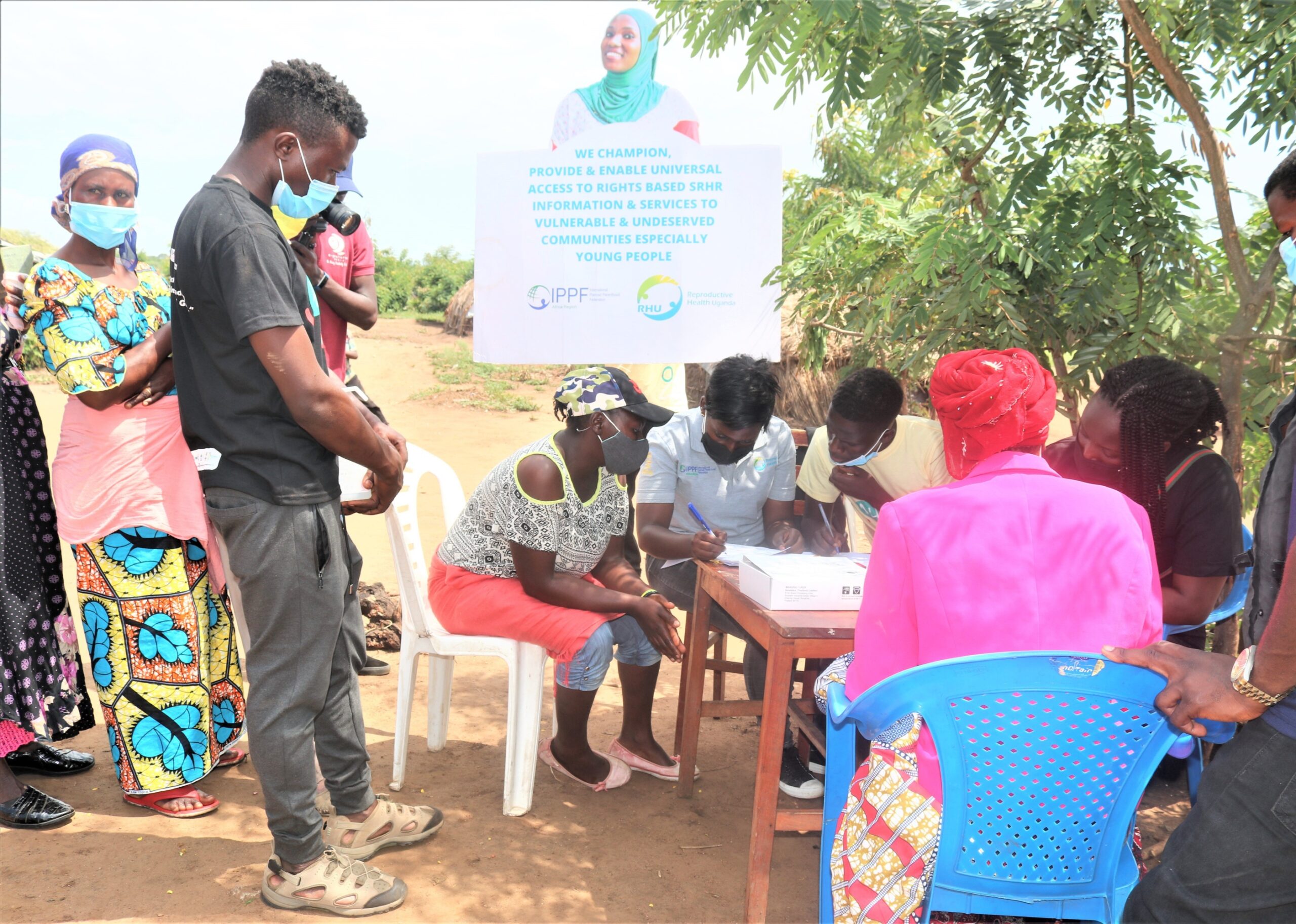
Dr. Peter Ibembe, RHU Director of Programmes, discloses that as part of its efforts, RHU has been distributing reproductive health commodities and dignity kits, training health workers to provide social and psychological support, and clinical management of rape survivors. RHU is also advocating, training, and raising awareness of young people about reproductive health issues and providing them with safe spaces.
With more than 900,000 integrated sexual reproductive health and rights services (ISRHR) offered to vulnerable people, including 1,000 permanent methods in refugee communities, RHU has refugees at the forefront of offering them reproductive health services, Dr. Ibembe said.
Projects at RHU like the ACCESS (Approaches in Complex and Challenging Environments for Sustainable Sexual and Reproductive Health and Rights), Advance Family Planning (AFP) initiative WISH2 Action and Addressing the Sexual and Reproductive Health and Rights Needs of Vulnerable Populations in Northern, Central Uganda (DANIDA funded project) and United Nations Population Fund (UNFPA) also raised the awareness of women and girls from host communities on important health issues, including prevention of gender-based violence, pre- and post-natal care, nutrition, family planning, reproductive tract and sexually transmitted infections.
Joshua Kongu, a Village Health Team mobilizer in the refugee camps of Pagirinya, Ayilo I and II, and Nyumanzi, believes that RHU and its program activities have helped create awareness among vulnerable refugee and host communities about family planning and the ability to give birth by planned choice.
“I call upon all refugees in Uganda to plan their families well, in order to enjoy their stay in Uganda, utilize the few resources availed to us,” Kongu said.
But Roselyne Binezero, an urban refugee in Kampala, affirms that through access to family planning services and other integrated health services from the RHU Bwaise branch office, she has improved her livelihood, first with better health, spacing her children and generating income for a living through teaching.
“It would not be possible if I was giving birth to children every year, breast-feeding and without time to work,” Binezero said.
According to the Office of the Prime Minister (OPM), Uganda hosts close to 1.5 million refugees as of February 2022.
Do you have a story in your community or an opinion to share with us: Email us at editorial@watchdoguganda.com


